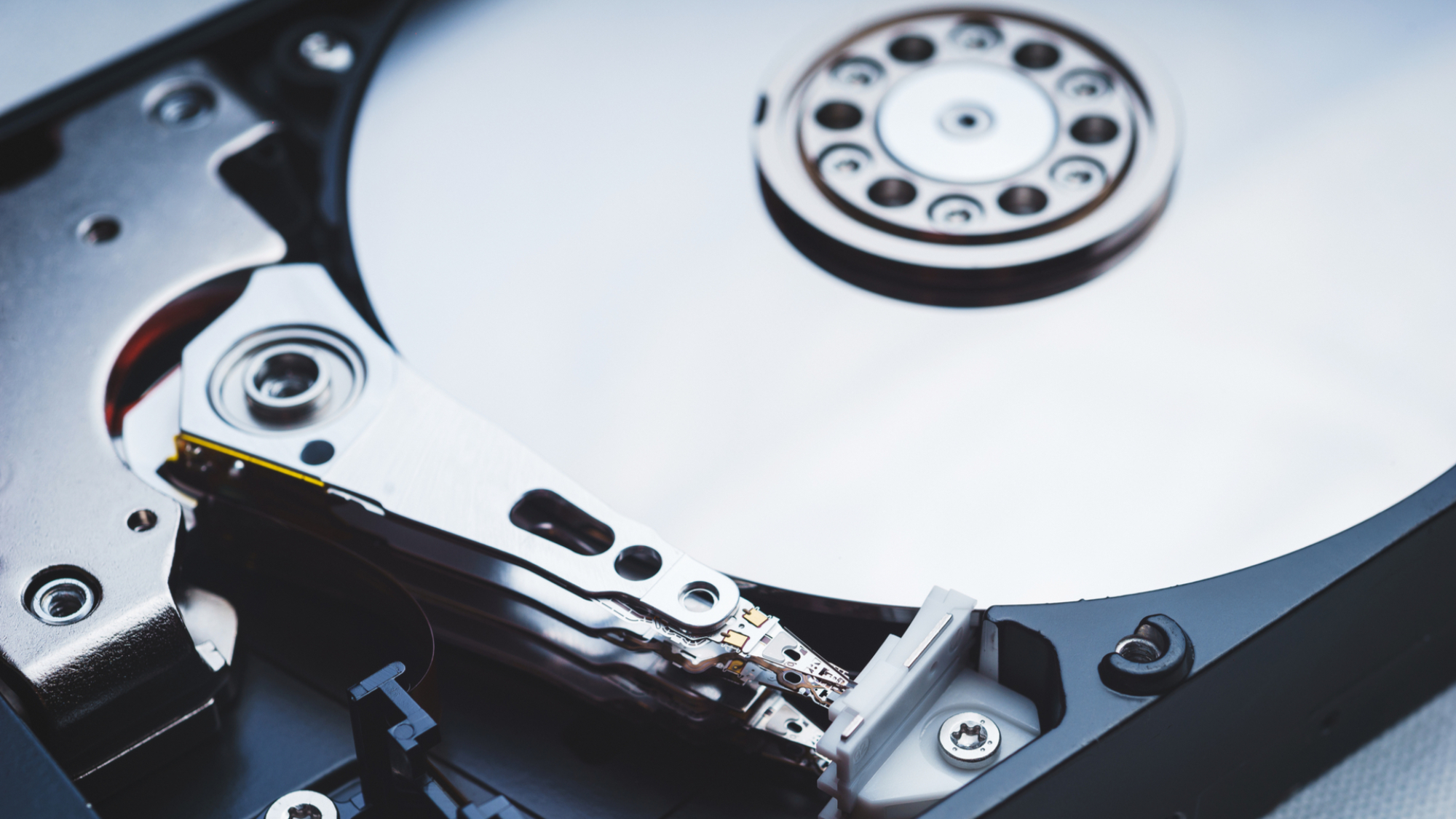Recovering data from a dead hard drive is challenging, but in many cases, it’s quite possible if the right approach is taken. Whether hardware failure, physical damage, or other software issues, a dead hard drive doesn‘t necessarily mean that your data is completely lost. Here‘s what you need to know about the process involved, the techniques, and when to seek professional help.
What Causes a Hard Drive to “Die”?
Physical damage, overheating, manufacturing defects, or simple wear and tear, the causes that point to hard drive failure can be many. The drive components such as platters that spin, read/write heads, or even circuitry may get compromised, and the drive simply ceases to work. Other times, it’s purely a logical failure-software corruption, say-in which case data recovery is altogether easier.
Identifying the Type of Failure
- Logical Failure: If your hard drive isn’t physically damaged but is unresponsive, it may be due to logical failure, such as corrupted file systems or partitions. In this case, software solutions might be enough to recover your data.
- Physical Failure: If your drive has been exposed to extreme heat, water damage, or a strong impact, it may have physical damage. Signs include unusual noises like clicking or grinding, indicating internal components may be damaged. For these cases, opening the drive and performing repairs yourself is not recommended, as it could further damage the data.
Physical Recovery Options
Generally speaking, the software solutions do not work when physical damage is involved. In such a case, professional recovery services come highly recommended. Recovery experts open hard drives in cleanrooms, repair or replace the damaged parts, and recover data from the platters. Cleanroom techniques ensure that dust and other particles do not interfere with the sensitive recovery process.
While sometimes expensive, professional data recovery is the only option when important data is kept on a damaged hard drive. The cost may vary from one case to another depending on the extent of the damage but is usually higher in those cases where there is physical damage to the drives.
When to Seek Professional Help
It is often advisable to seek the service of a professional when one can’t retrieve the data themselves, or when the data is irreplaceable and particularly valuable. Only professionals will safely disassemble the drive, repair damaged components, and recover files without risking further damage.
Preventing Future Data Loss
Once your data is recovered, consider taking preventive steps to avoid similar situations in the future:
- Regular Backups: Use an external hard drive, cloud storage, or both to back up your files regularly.
- Monitor Drive Health: Software like CrystalDiskInfo can track drive health and alert you to potential failures.
- Handle Drives Carefully: Minimize physical stress on your hard drives by avoiding drops, excessive heat, and moisture.
In conclusion, it is possible to retrieve data from a dead hard drive, especially if you act quickly and take the appropriate measures. While some solutions are DIY-friendly, professional help may be necessary if the damage is severe or if previous recovery attempts have failed.
